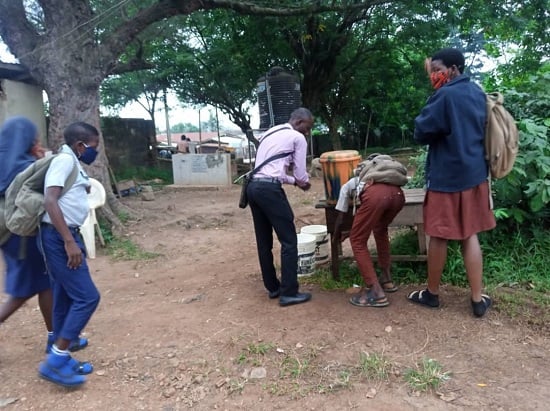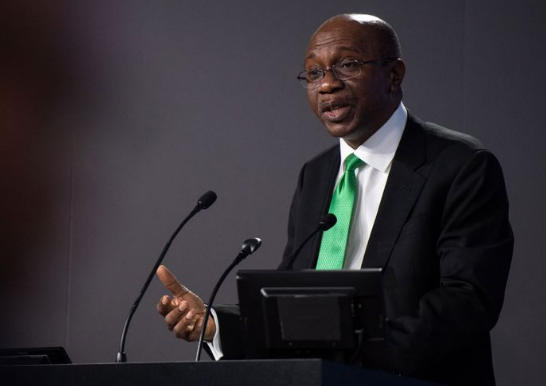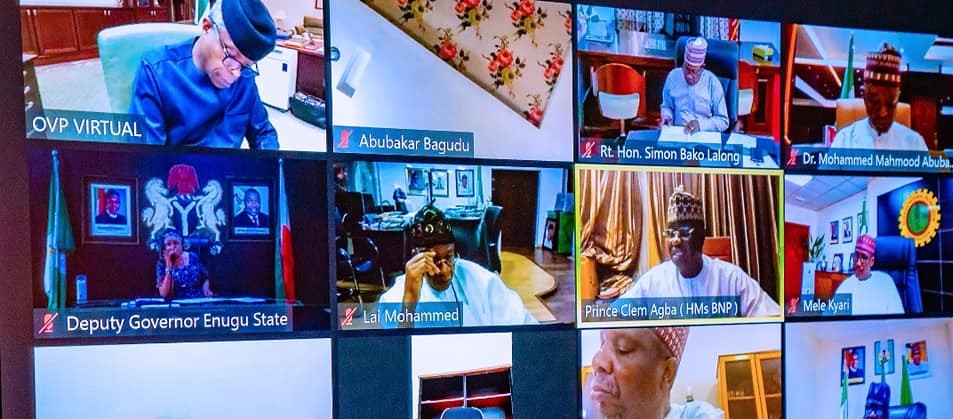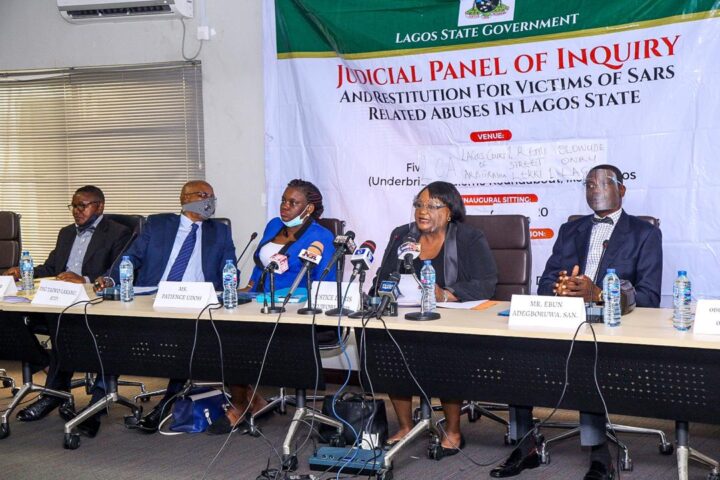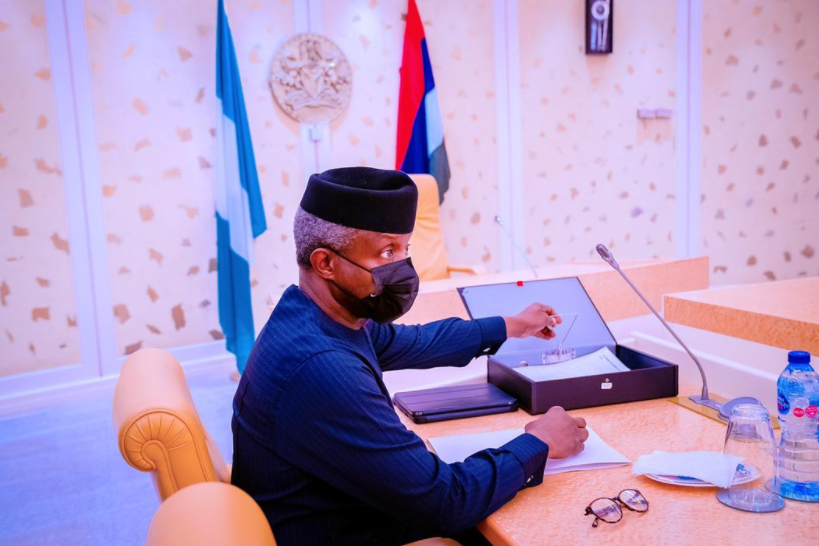The United Nations Children’s Fund (UNICEF) says nine out of ten schools in Nigeria do not have hand-washing facilities.
In a statement issued on Friday to mark the 2021 Global Hand-washing Day, UNICEF called for provision of access to basic hand-washing facilities as part of efforts to prevent spread of infections.
According to the organisation, in its latest estimates, only 16 percent of Nigerian households have access to basic hand-washing facilities, leaving families and communities at increased risk of infectious diseases.
“Although handwashing with soap is critical in the fight against infectious diseases, including COVID-19, only 16 per cent of Nigerians have access to basic handwashing facilities at home – leaving families and communities at risk of many infectious diseases, with children particularly vulnerable,” the statement reads.
Advertisement
“The latest data show that some progress has been achieved since 2015. For example, the global population with access to basic hand hygiene at home has increased from 5 billion to 5.5 billion, or from 67 per cent to 71 per cent. However, if current trends persist, 1.9 billion people will still not have access to basic hand hygiene by the end of the decade.
“In Nigeria, 21 per cent of Nigerians had access to basic handwashing facilities at home in 2018, compared to 16 per cent in 2019, indicating a worrying downward trend.
“Globally, 3 in 10 people – or 2.3 billion – do not have access to basic handwashing facilities with water and soap at home, including 670 million people without any facility at all.
Advertisement
“In the least developed countries, more than 6 in 10 people lack basic hand hygiene facilities at home. 4 in 10 schools worldwide do not have basic hygiene services with water and soap, affecting 818 million students, of which 462 million attend schools with no facility at all.
“In Nigeria, 9 out of 10 schools have no place for children to wash their hands. 1 in 3 healthcare facilities worldwide does not have hand hygiene facilities at points of care where the patient, healthcare worker, and treatment involve contact with the patient. In Nigeria, this figure is 4 in 5 healthcare facilities.”
Speaking on the development, Rushnan Murtaza, deputy representative, UNICEF Nigeria, expressed concern over the declining level of access to hand-washing facilities across the country.
“The downward trend in access to hand hygiene services in Nigeria is very worrying,” she was quoted as saying.
Advertisement
“Handwashing with soap and water may seem like a simple act – but it is lifesaving. It protects us from many diseases, including cholera.
“We must work together to make handwashing not only possible, but a habit. This will have a hugely positive impact for the health and well-being of all Nigerians.”
Add a comment
